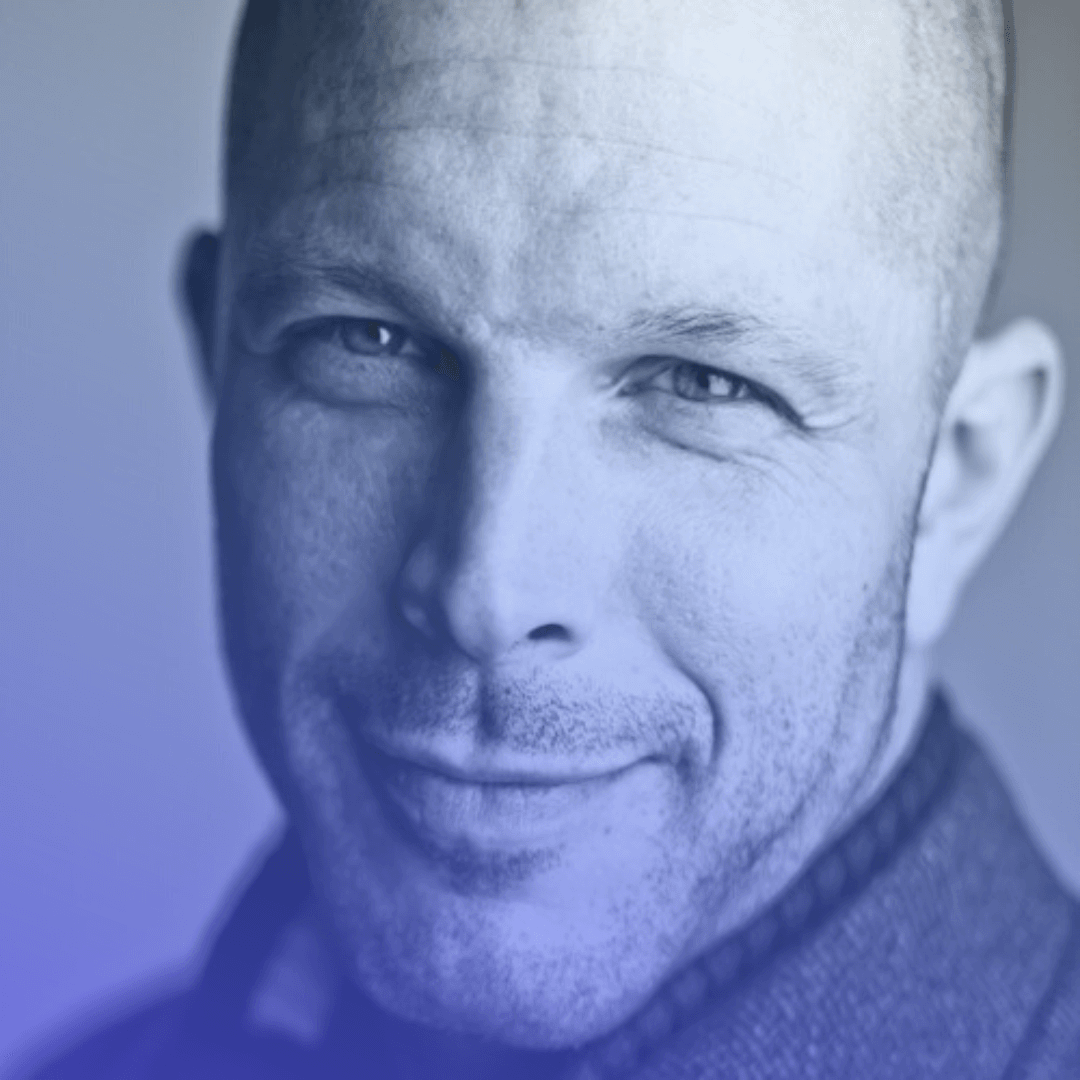Empowering
the Antifragile Movement
We are your dedicated AQ Companions. Journeying alongside visionaries, teams, and organizations, we guide you on your path to embracing antifragility and easing your burden.
Through genuine peer-to-peer interactions, and insights from our exclusive AQ Assessment, we help with the burdens of leadership at every step of your transformative odyssey.
Our vision? To foster a global collective of leaders unwavering in their dedication to transcend resilience. We aspire to liberate individuals, teams, and organizations, empowering them to harness the boundless potential of Antifragility.



Fair Warning to Potential Followers of the Antifragile Movement
If you’re reading this, I’m going to assume one of two things: You’ve either stumbled upon this writing accidentally, or you’ve heard about our hope of creating an Antifragile Movement and are on the spectrum of mildly to freakishly curious. If our meeting is of the former and by chance, let me say with all sincerity; it was a pleasure meeting you. I wish we could have gotten to know each other better as what follows is likely to be…well…a bit much.
If our meeting is of the latter, and you’re genuinely curious about our desire to create an Antifragile, or “AQ Movement,” let me first warn you, lest you get sucked in unawares only to leave disappointed. Yes, being Antifragile is about a different way of living and leading. It’s not even a new way of living really, but rather the return to an ancient way of living that we’ll chat about later. Yes, when we’re able to live and lead in Antifragility it can be life-changing and incomparably freeing. Sadly, what it’s not, is a destination…and that is where most of you will ultimately say your goodbyes in frustration. In your heart of hearts, most of us are looking for a quick fix. Like spending $25 and 5 hours on a self-help book, hoping it will change our lives. I don’t say that in judgement but rather in recognition of something I’ve done myself. If that’s your path, I wish you well and hope you take something away from our time together.

For those of you who choose to walk the road with us, striving to live and lead with Antifragility, this is not a self-help fix or another leadership paradigm.
More than a day-by-day effort in self-monitoring and self-correction, it’s a moment-by-moment scrutiny of ourselves that looks well beyond our choices and takes honest stock of our motives. It’s a conscious choice to invite trusted and well-meaning peers, friends or loved ones inside to reflect on what we’re incapable of seeing in ourselves. It’s a life of tightrope walking, always striving to stay balanced. If this sounds exhausting, it is, especially at first. Kind of like running and going to the gym can feel excruciating at first. And while it always takes focus and effort, it does get easier with time as our muscles and minds grow stronger. Similarly, the balancing act of striving to be Antifragile gets simpler with commitment, practice, and reinforcement from those walking with us.

As you read about and come to a deeper understanding of the 7 Elements of Antifragile as we’ve defined them: Clarity, Purpose, Connection, Courage, Forgiveness, Gratitude, and Responsibility.
You may conclude the 7 Elements of Antifragility have shamelessly been stolen from some theological perspective or religious world order. In a sense, you’re not wrong. The 7 Elements, and more specifically our inherent need to live them out radically, is hard-wired into our humanity. Whatever you may think of the world’s major religions and the pain and strife select factions and followers from any of them may have caused, there is incredible goodness at their core.
With proper respect and acknowledgment for their unique perspectives, at the root of each are learned scholars who’ve invested the totality of their lives in furthering people’s ability to love, show kindness, and grow through adversity. It would be a very jaded person indeed to believe humanity was better off before faith traditions entered the scene!
Admittedly, there are those of us on the AQ Team who are actively part of an organized faith tradition or were in our early years. Some of us have no religious affiliation at all. Our commitment, should you choose to join us, is that we are not now, and never will be, a “religious” pursuit.
Values we live by
1
EMBODY THE CHANGE
We will embody the change we want to see in the world before trying to fix the outside situation.
2
own our behavior
We will own our behavior, perspective, and response to the situation.
3
success for all
We will dedicate ourselves to others' success and aim to find the win-win-win for all.
team aq

join the aq movement
AQ Certification
join next mastermind call
frequently asked questions
The Antifragile or “AQ” Assessment is a distillation of proven open-source assessments that have illuminated the behavioral, motivational, and mental tendencies of millions of people for more than 80 years. Taking roughly five minutes to complete, it is one of the most robust short form assessments available and designed to provide your likely proficiency in the 7 Elements of Antifragility: Clarity, Purpose, Connection, Courage, Forgiveness, Gratitude and Responsibility. Congruent with science, the 7 Elements encapsulate the overlapping human truths of the world’s major religions that have founded much of civilization and guided billions of people for thousands of years. The power of the AQ Assessment is unleashed when corroborated by yourself and those close to you, with the support of a Certified AQ Coach, and then lived out radically on your journey towards being more Antifragile.
Absolutely! To inquire about bringing AQ Assessment to your organization or team, click here.
The easy answer is that a company, or any organization for that matter, is ultimately the sum of its people. Their many tendencies towards different fragile and Antifragile behaviors don’t impact the organization equally, with the behavior of its leaders having an outsized impact. And that’s where the answer becomes more nuanced. Many of us ignore our tendencies towards fragility, only facing them when the cost of ignoring them becomes too great. If even then! When leaders ignore their tendencies towards fragility, two troublesome trends typically occur: First, fragility can become part of the culture. People often emulate the behavior of their leaders, with some organizations going so far as to unknowingly screen for fragility in the hiring process because their leaders praise certain behaviors.
The second troubling trend has to do with how decisions get made by leaders. Remember that the gap between our expectations, in terms of pain and suffering, and reality is where our fragility lies. That only gets amplified in organizations. Leaders of publicly traded companies often make strategically unsound decisions to avoid having to report poor quarterly results. Small business owners often drain their companies of much-needed cash when times are tough because they don’t want it to affect their lifestyle.
Antifragile leaders look inward and have mindsets that allow them to thrive and grow from adversity. Rather than spending time, energy, and precious resources on the volatility, randomness, disorder, and market conditions they can’t control, they create Antifragile cultures that grow stronger from adversity in order to overcome.
This is the funniest question we get. We may be crazy, but we’re not so crazy as to risk our reputation, future (and sanity for that matter) on any idea centered around politics. What’s interesting about this misconception is its prevalence and the distinct angles from which we’ve heard it. Some left-leaning people have wondered if it’s a jab from the right trying to say they’re “soft” or “care too much about feelings”. Some right-leaning people have wondered if it’s the left trying to push a “woke” agenda. It’s like people have turned into hammers in search of nails!
Contrary to what a few of you might think, the concept of Antifragility, or “AQ” is no more a subtle message from the left aimed at the right than it is a subtle message from the right aimed at the left. It’s a very direct message aimed at ALL OF US. Our people, leaders, and organizations are growing increasingly fragile. We have lost touch with our innate ability to grow when exposed to adversity, randomness, disorder, and stressors.
This is by far the most frequent question we’ve received and, we get it! We knew we were going to get this question and potentially turn a few people off over “Anti”. So why take that chance? Because we believe our trend towards increasing fragility is poised to grow steadily worse, placing millions of people and organizations at great risk. Since our goal is to help people and organizations move AWAY from fragility, it makes sense to strive towards being the opposite of fragile. As Nassim Nicholas Taleb notes in his New York Times best-selling book, Antifragile, resilience is no more the opposite of fragile than neutral is the opposite of negative. Positive is the opposite of negative. Antifragile is the opposite of fragile.
The resilient resists shocks and stays the same, with no ROI for the time we’re “down”. It also includes the likelihood that our ability to keep bouncing back will eventually diminish. When we’re Antifragile, we benefit from shocks in life and grow when exposed to adversity. Antifragility leaves us better positioned to face the randomness, disorder, and stressors of life, which is critical given the increasing uncertainty and complexity of the world we live and work in.
While not the most frequent question we get, this is the most important one to address. The answer is ABSOLUTELY NOT! To varying degrees, we’re ALL fragile. At the core of our collective fragility is a common desire for comfort and ease over suffering and loss that’s become much more prevalent in modern society. And for all the success we’ve found in making life much more comfortable and safer for most, suffering and loss are still very much part of life for all. The gap between expectation and reality is where fragility lies. Experiencing pain and suffering doesn’t mean you’re fragile, it means you’re human! The most Antifragile people have generally suffered more than most and learned to thrive and grow from it.
Antifragility or “AQ” doesn’t involve ignoring people’s pain or suffering. That would be more like resilience or robustness, mindsets that tend to ignore stressors and fail to grow from them. Antifragility recognizes pain and suffering are part of life. Antifragility requires healthy grieving and processing of pain and loss so that we might thrive and grow stronger from it…in time. Antifragility is about helping anyone and everyone, to rediscover their innate ability to grow stronger from the pain and suffering we inevitably face in life. It takes having suffered and grieved to live with empathy and compassion for others, and that too is being Antifragile.
let's connect





